Ask the Experts: Daniel Avery
Daniel Avery takes the time to answer your questions ahead of next week's DJ-Kicks release.
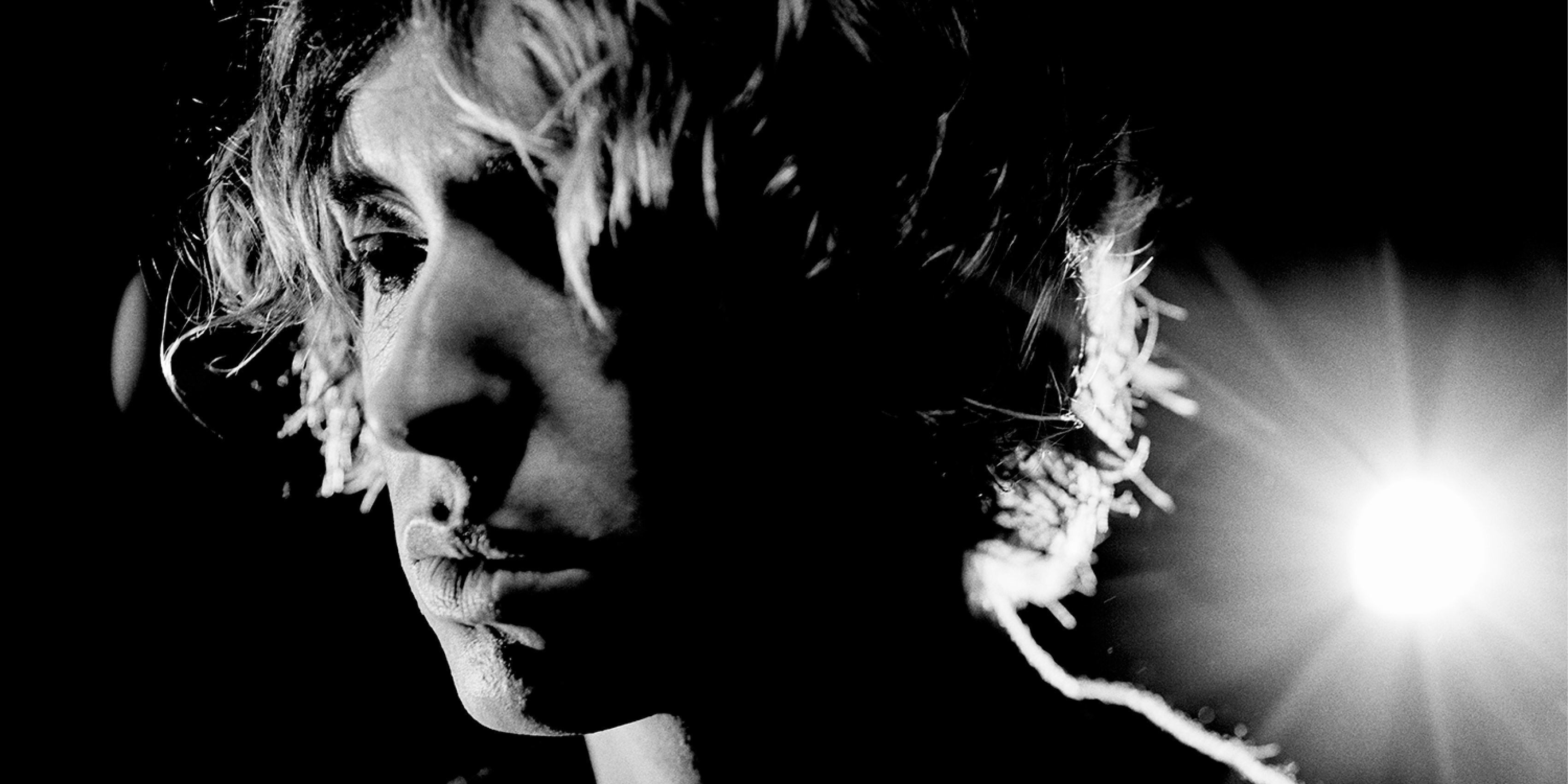
For an artist whose career is really only just beginning, Daniel Avery commands an impressive amount of respect and adoration from fans, peers, and industry alike. Undoubtedly more than just hype, Avery’s output—both his releases and behind the booth—has a certain timeless quality running through it. His DJing is clinical and intoxicating with a blatant disregard for trends, and in the studio, he produces arresting tracks that seem to naturally transcend genre tags.
In 2013, Avery released what has, so far, proved to be his crowning moment: Drone Logic, an LP that sits as one of the most memorable debut albums of recent years. Fusing his indie and shoegaze sensibilities onto a modern club framework, the album showed coherence and confidence befitting an artist so early on.
Since the release of Drone Logic, Avery’s career has been on a sharp upward trajectory that has been further fueled by a string of standout releases on label home Phantasy Sound; a robust worldwide residency in Divided Love, which has hosted adventurous acts such as Helena Hauff, Factory Floor, and Voices From The Lake; and an engrossing collaboration alongside BleeD boss Volte-Face as Rote.
At the end of next week, Avery will cap off 2016 with his edition in !K7 Records‘ esteemed DJ-Kicks series, another notch on his ever growing belt. The release follows three years of studio experimentation and features three new original Avery productions—both solo and as Rote—alongside a list of like-minded artists such as Svreca, Rrose, Artefakt, and IORI. As you can most likely infer from the above-mentioned artists, the mix focuses on the otherworldly and hypnotic side of techno, an area in which Avery is confidently becoming one of the foremost names.
With his DJ-Kicks on the fast approaching horizon, we thought it was well overdue to have Daniel Avery sit in our expert seat and answer your questions on DJing, production, sound design, and more.
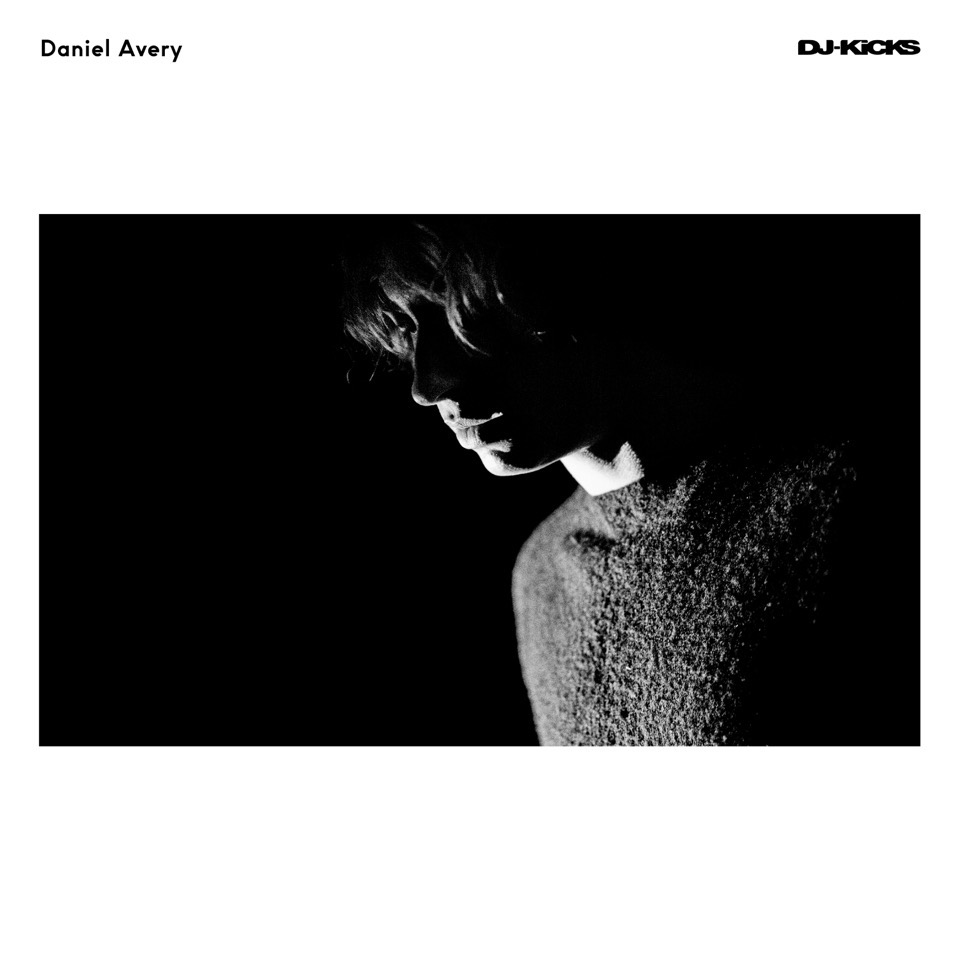
Do you sometimes face problems with overworking yourself in the studio? And, on a more general level, are you sometimes struggling with impatience and why?
Patience is the word to remember. I’ve found that it’s literally impossible to force a creative idea in the studio—the music almost has a life of its own in that respect. It is important to remember that a day spent experimenting is never a day wasted, even if it yields no results. You can work for a week on something and throw every last bit of it on the fire yet still say you’ve achieved something. You will have learned something about yourself that week which you can take forward with you. If you hit a wall, then shut your laptop, put a record on and let it play out; the path you need to take with your own work will become much clearer by absorbing and appreciating the works of others.
How long is your average production session?
I work much better in the daylight. I associate the night too strongly with clubs and DJing. I like mornings the most.
Which other disciplines of arts do you deal with regularly besides music? Which art movements would be among your favorites aesthetic-wise and why?
I studied English Literature and Film at university and both remain important to me. Everything ultimately has an effect on the music, so it all has to be given its own space and time. As a kid, I was obsessed with French New Wave films and Chris Cunningham’s music videos. I love how both constantly throw your perspective off balance. The only thing to do is take a breath and go with them. That’s definitely something that has stayed with me.
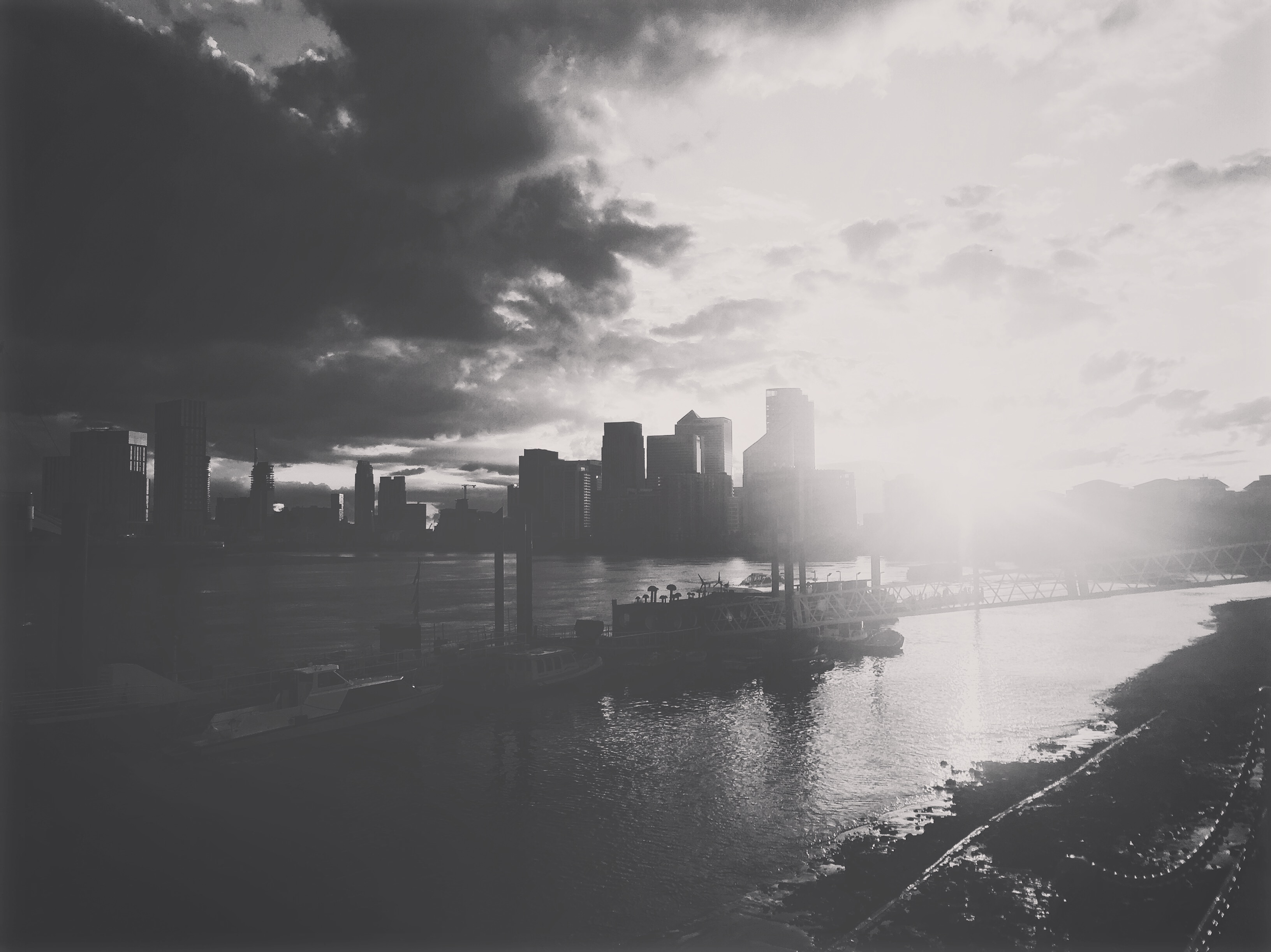
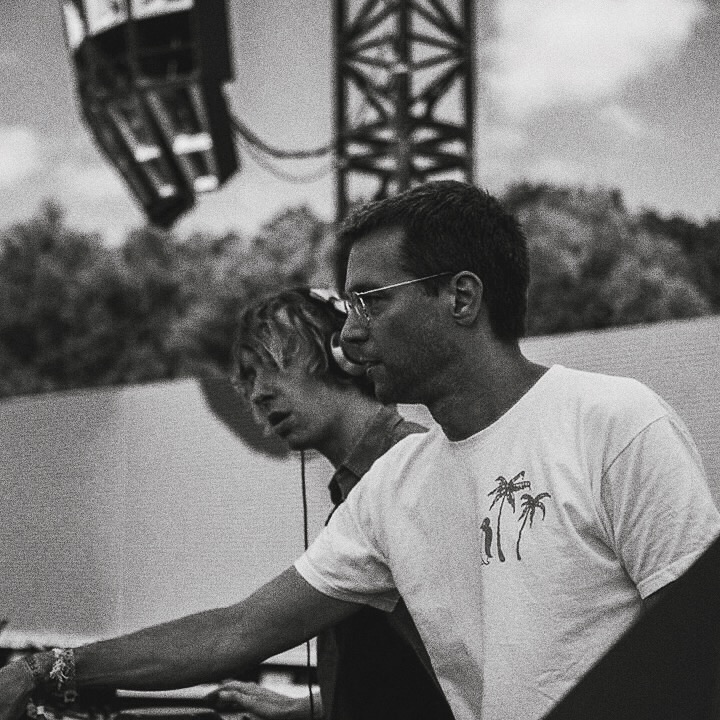
When approaching making music, how much does your conceptualisation of music come into play and how much of the creation process is more instinct-based? In other words, I’ve noticed your tracks seem to be very head space orientated, for want of a better word. How much of your approach to making music is conscious or conceptualized?
Everything that happens in your life is affecting your head, which means that once you step in the studio, an unconscious element almost entirely takes over. Your instinct is unique to you and you have to embrace it. The least productive studio sessions are those when you consciously try and make something sound similar to an already existing track. The moment you let go is when the exciting ideas emerge.
Do you have a track or tracks that you feel some up everything you like about music electronically?
https://www.youtube.com/watch?v=so-L12LFRR8
How do you feel about being a performer in a genre where some come to your shows to use the music you play as a soundtrack to their drug/sex-fueled party? Does that devalue the meaning or experience of the music in some way?
Sounds pretty good to me.
When I hear your music I notice a beautiful intermingling of techno shoegaze and ambient; it’s such a unique sound yet referential at the same time. Who have you been influenced by the most coming from a production standpoint? Also, what types of effects/signal chains do you rely on to get these sounds—for instance, the beautiful noisy sounds in “Knowing We’ll Be Here”?
Kevin Shields is definitely one my biggest heroes. The idea of extreme noise mixed with intense beauty means a lot to me. In the same breath I would mention Aphex Twin, Brian Eno, Autechre, William Basinski, Alessandro Cortini, and Ryoji Ikeda as figures from whom I’ve recently been taking a lot of inspiration, particularly on what I’ve been working on since Drone Logic. The sounds in “Knowing We’ll Be Here” are from a Space Echo unit feeding back into itself over and over again before being run through a guitar amp.
If there was a fire in your studio—touch wood—what synth and what drum machine would you try to save first and why?
The bass guitar I’ve had since I was fifteen, back when I wanted to be in Kyuss.
What was your most helpful resource with regards to learning sound design?
The best way is to experiment with everything you can find and to embrace the mistakes. I recently tried putting something onto cassette but the machine was broken so all it did was create a static atmosphere which sits over an entire track like a beautiful fog—it’s something that would have been impossible to write. I’ve also been taking a contact microphone out with me around London and running the results through layers of distortion pedals. What gear you have is irrelevant; everything comes down to how your process your sounds.
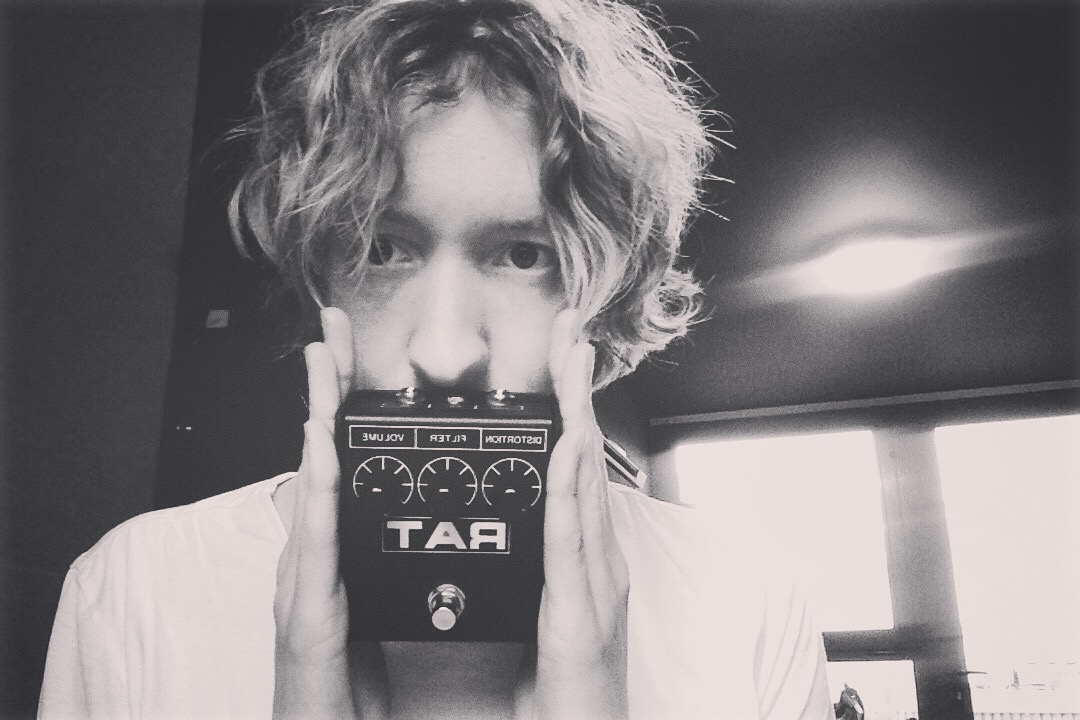
I recently watched your short film by Telekom Electronic Beats and it surprised me how much I identified myself with most of what you said, in terms of producing and DJing. My question is something that I’ve been struggling with myself in the studio lately: what do you look for and where do you get your inspirations from?
I’ve come to the conclusion that music finds you. You need to open up your mind to all creative thoughts from outside your immediate world: surround yourself with art and people you find inspiring. This is crucial. To me, it’s the only way to live life. When the moment of creativity does come, you will instantly know—it will feel like the opposite of a struggle.
I’m a techno producer from Hungary. and for over 4 years you have been a role model and an inspiration for me. I have been producing music for over seven years now but the genre I represent is not popular at all in my country. In November, I have received an invite to play at KAOS London Club—which made me extremely happy—but I still struggle to gain popularity. I am scared that this invitation is only a one time chance and that after the event I will be puzzled about what to do next. Do you have any recommendations for me to move my career forward?
Almost half the questions we received for this article were of this nature. For all of its positive features, the internet has created an atmosphere of fear and paranoia that you only get one shot at this. I can tell you with a heavy degree of certainty that this is simply not true. It’s far too easy for people to comment on your early work these days but fuck that! Feedback of any kind from others is only useful up until a point. If you truly believe in something then it is worth seeing through. Start by self-releasing your music in the most unique way possible and you will find like-minded souls along the way. There is literally no point in looking over your shoulder at what others are doing because the truth is that everyone is making it up as they go along. Follow your instincts. If you’re already playing for a night like KAOS then you must be doing something right—respect to you. Keep your head down and keep going.
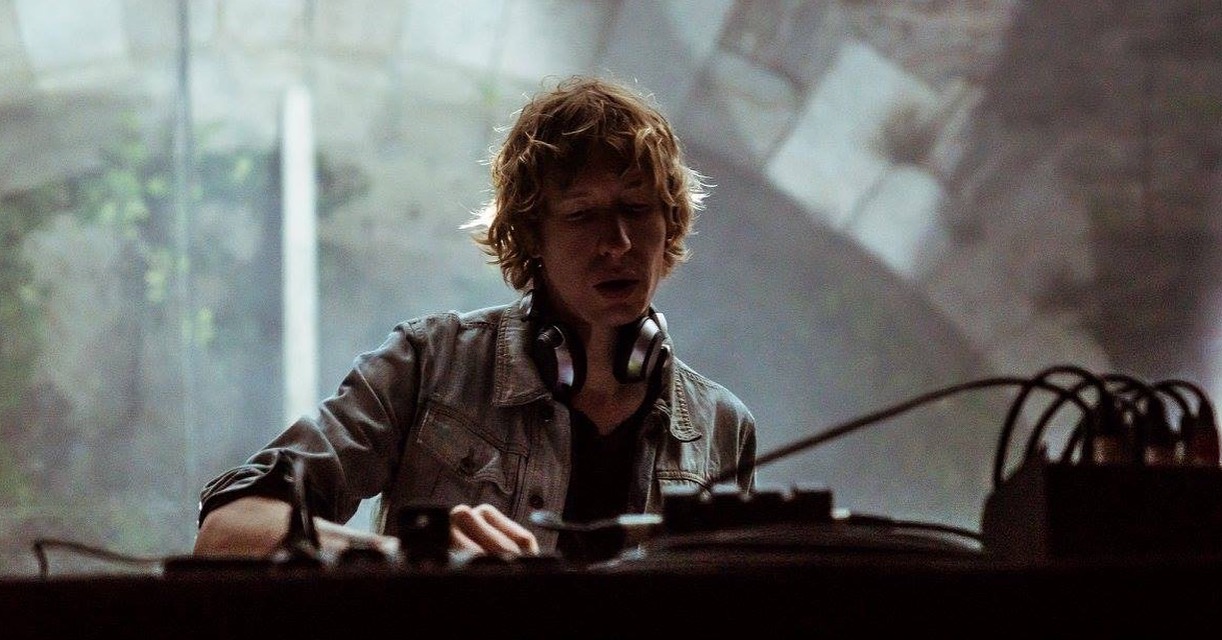
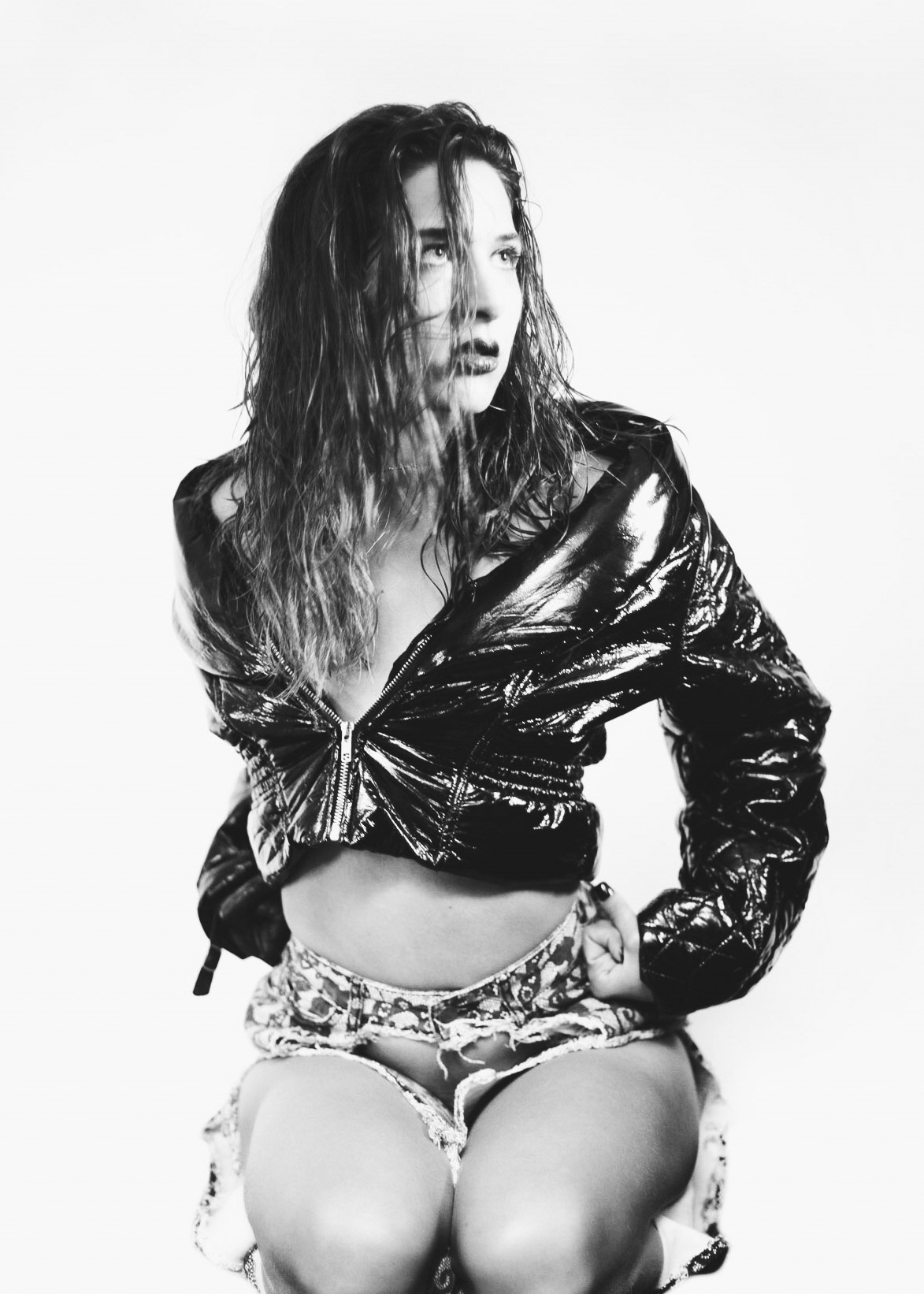
Both your solo work and your Rote stuff with Volte-Face always sounds immaculate in terms of a really full, punchy-yet-spacious mix. As a producer always struggling with my mixes, I’m keen to know how much of this you think is down to using really good gear—whether hardware or software—how much is down to lots of time spent painstakingly EQing, and how much is down to the mastering?
All of the above processes are important but, for me, mixing is what takes a good idea and turns it into something that will fill your head forever. Search out engineers you feel you might have a connection with and spend some time in their studio. Erol and I mixed the entirety of Drone Logic together and it’s where everything crystallized. I find it the most enjoyable part of the whole process and a time where pushing ideas as hard as they can go often pays off.
What are some of the most challenging obstacles you’ve met while learning to DJ and how have you overcome them?
DJing is nothing more than sharing the music you believe in with like-minded people. The only obstacle is finding enough time to search for interesting things but putting the effort in always pays off. Don’t let anyone tell you that best records cost the most on Discogs. Find records that mean something to you and ignore everything else.
Any chance of you doing a live set in the future?
Up until this point, it is something I haven’t felt in my heart but the more I work on new music, the more an idea is starting to form in my head. Time will tell.

